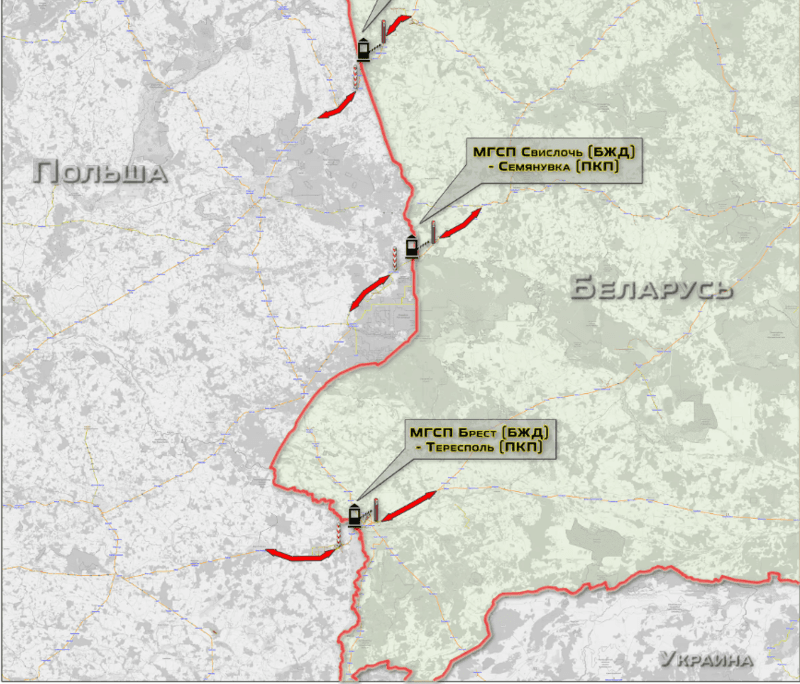The China–Europe Railway (中欧班列) has once again entered the spotlight as recent events disrupted one of its key corridors. On September 11, 2025, Poland announced the closure of all rail and road border crossings with Belarus, citing national security concerns. This decision immediately impacted the Małaszewicze hub, a critical interchange for east–west freight traffic.
The Facts
- Border Closure: Poland shut down its crossings with Belarus after drone incidents and military drills near its frontier.
- Trains Stranded: Around 300 trains were reported stuck near the Belarus–Poland border, carrying electronics, auto parts, and textiles.
- Route Blockage: The Belarus–Poland corridor is one of the busiest sections of the China–Europe Railway, handling a large share of traffic to Germany and beyond.
- Other Routes: Alternative crossings and longer detours remain open, but efficiency is reduced and costs are higher.

Implications for Global Trade
From a freight forwarder’s perspective, the situation carries several layers of impact:
- Transit Risk
The Belarus–Poland border has always been a sensitive point. When this link is blocked, cargo flow to Central and Western Europe slows dramatically. For time-sensitive goods, even a few days of delay can disrupt supply chains. - Cost Pressure
Rerouting trains via longer northern or southern corridors increases transit time and expenses. Some shippers may shift temporarily to sea freight, where rates are more stable — but this reduces the advantage of rail as a faster option. - Modal Flexibility
The disruption highlights a key logistics principle: businesses should not depend on a single mode or route. Having the flexibility to switch between rail, sea, and air freight is essential when geopolitical risks emerge. - Customer Communication
Forwarders must play the role of risk managers — not just transporters. Keeping clients updated on delays, alternatives, and cost implications helps maintain trust during uncertain times.

Outlook
Negotiations between China and Poland are ongoing. Polish officials have signaled they want to restore railway flows “as soon as possible,” but only once security concerns are fully resolved. For now, uncertainty remains.
For freight forwarders and their customers, the lesson is clear: geopolitics can directly shape logistics. The China–Europe Railway remains a valuable channel, but it cannot replace the stability of sea routes. Smart shippers will continue to diversify their transport strategies to minimize risks.
